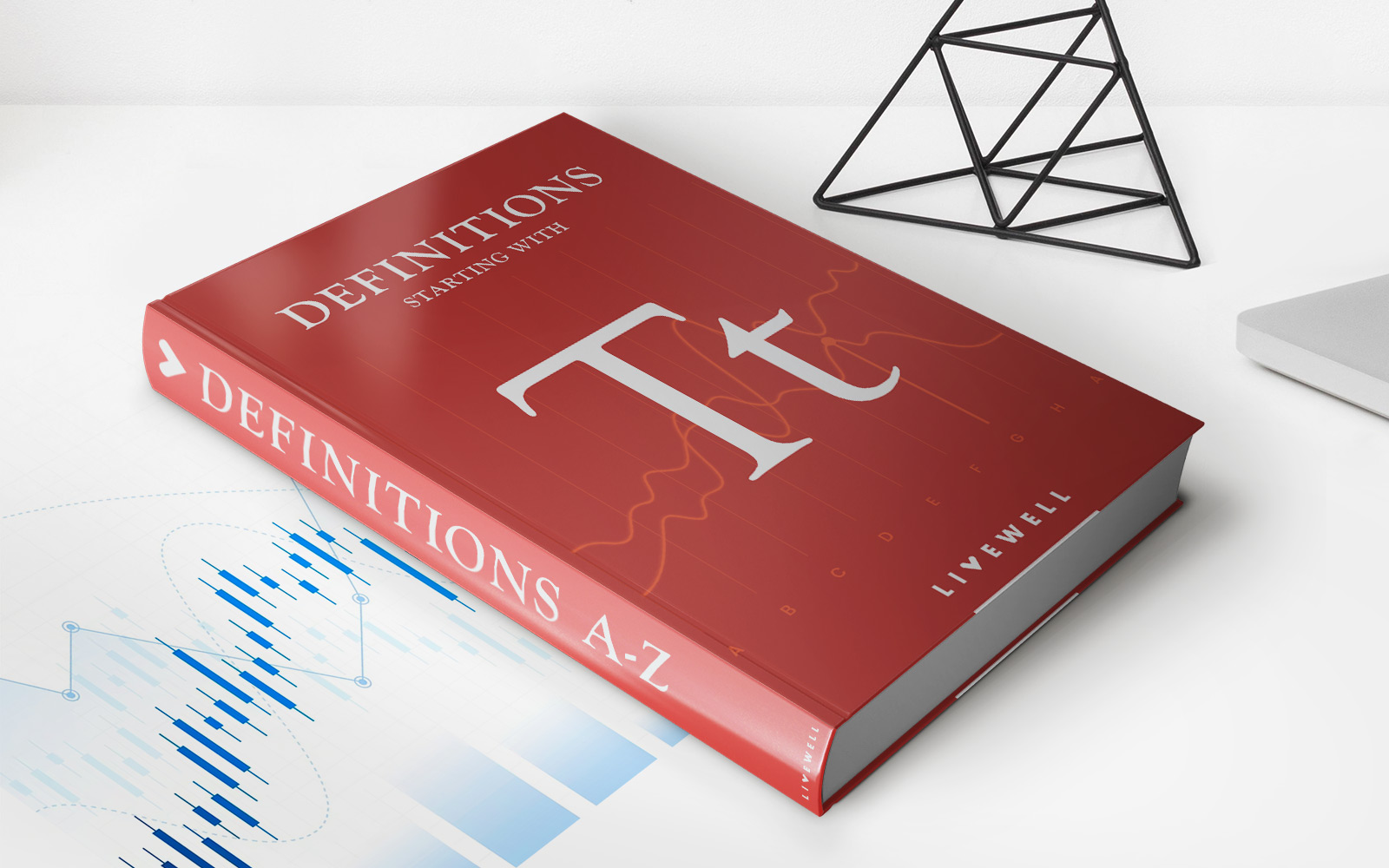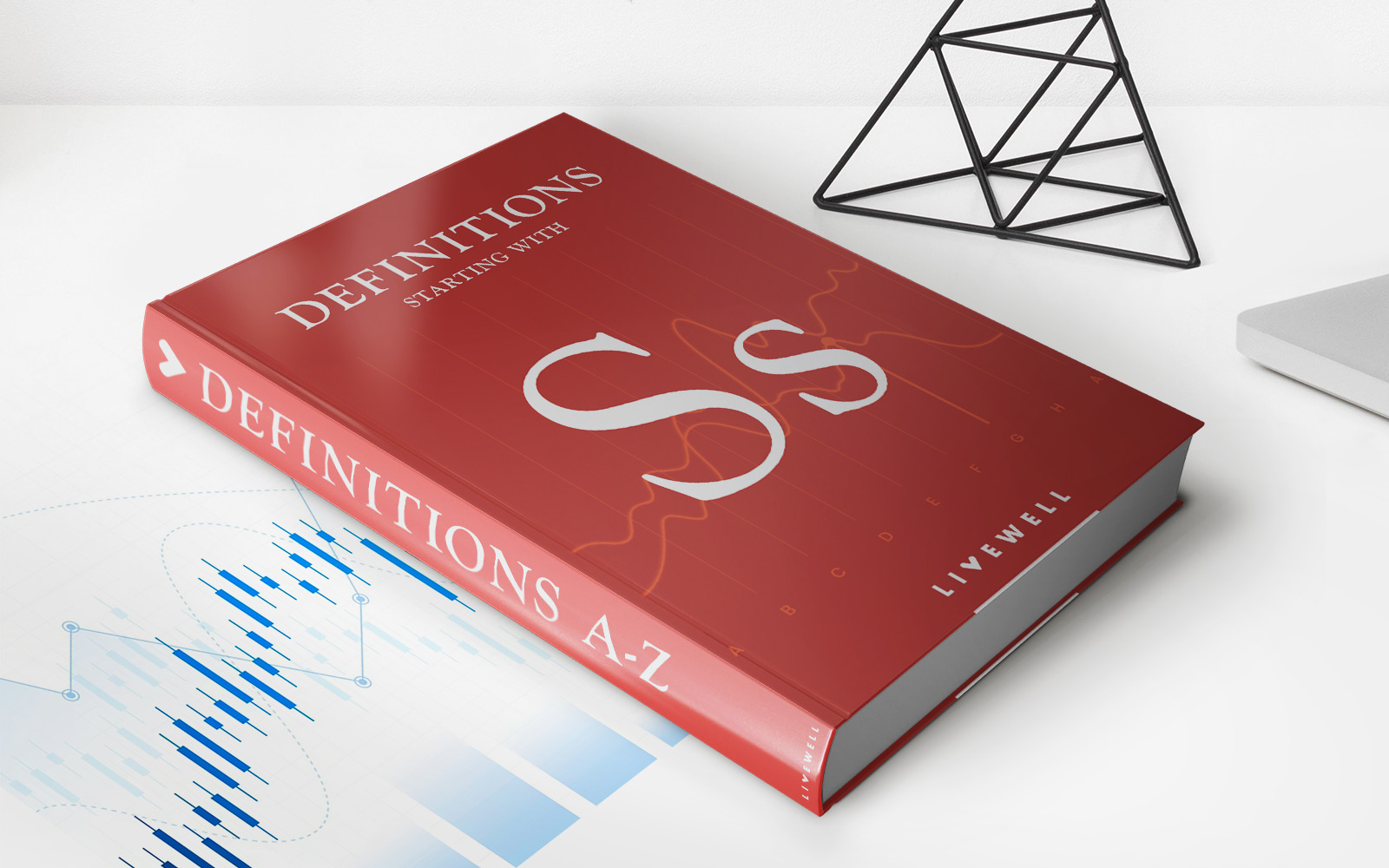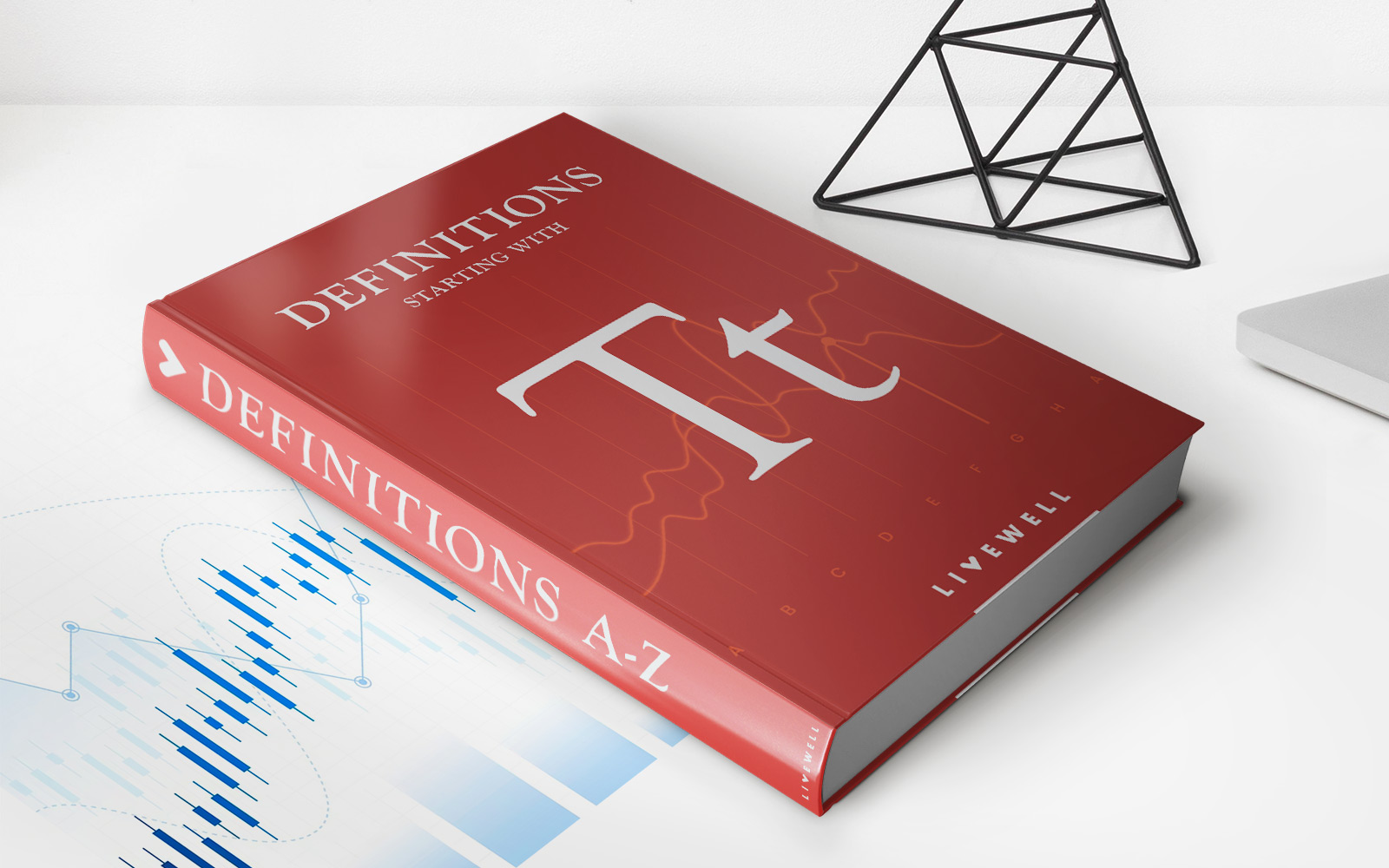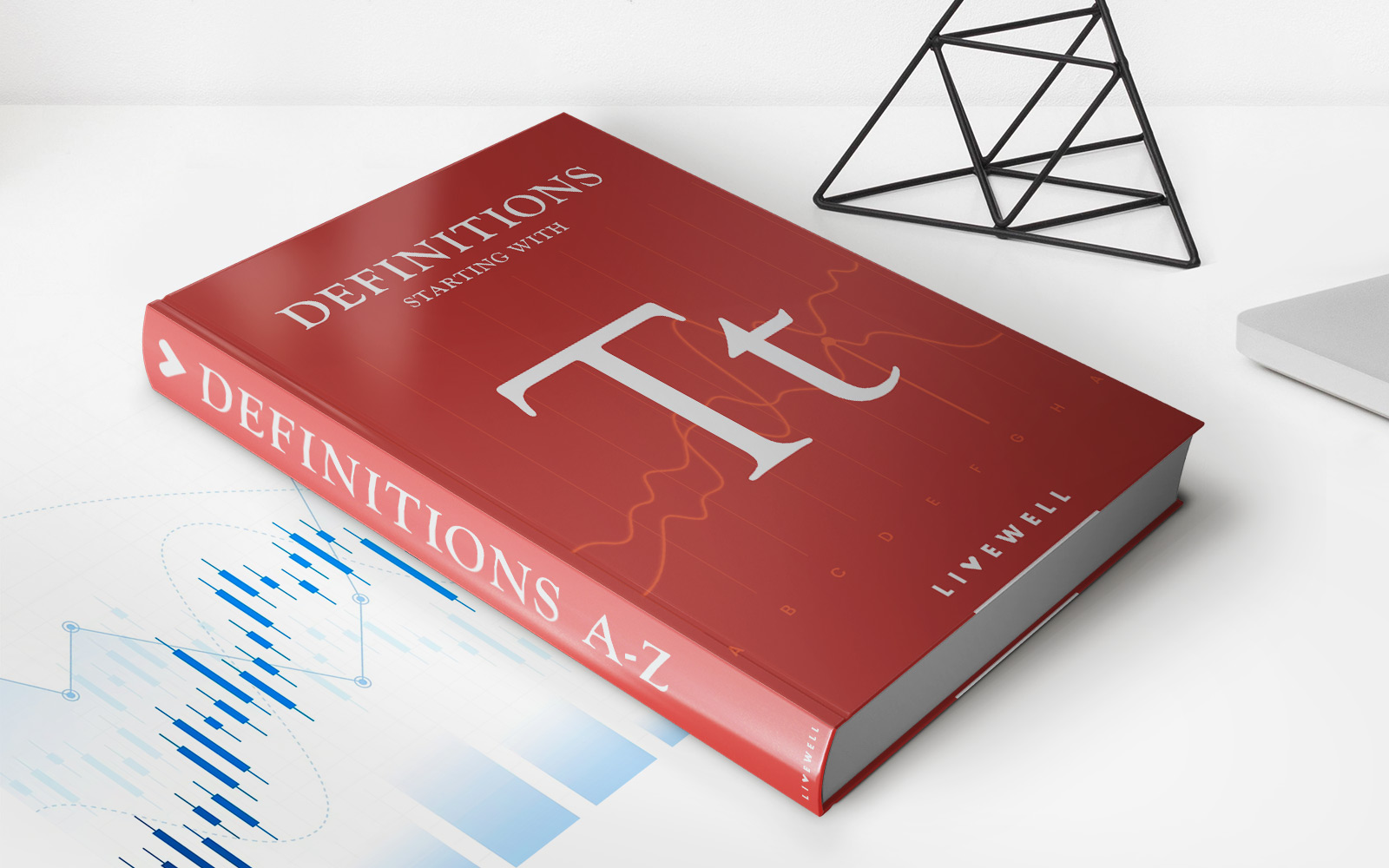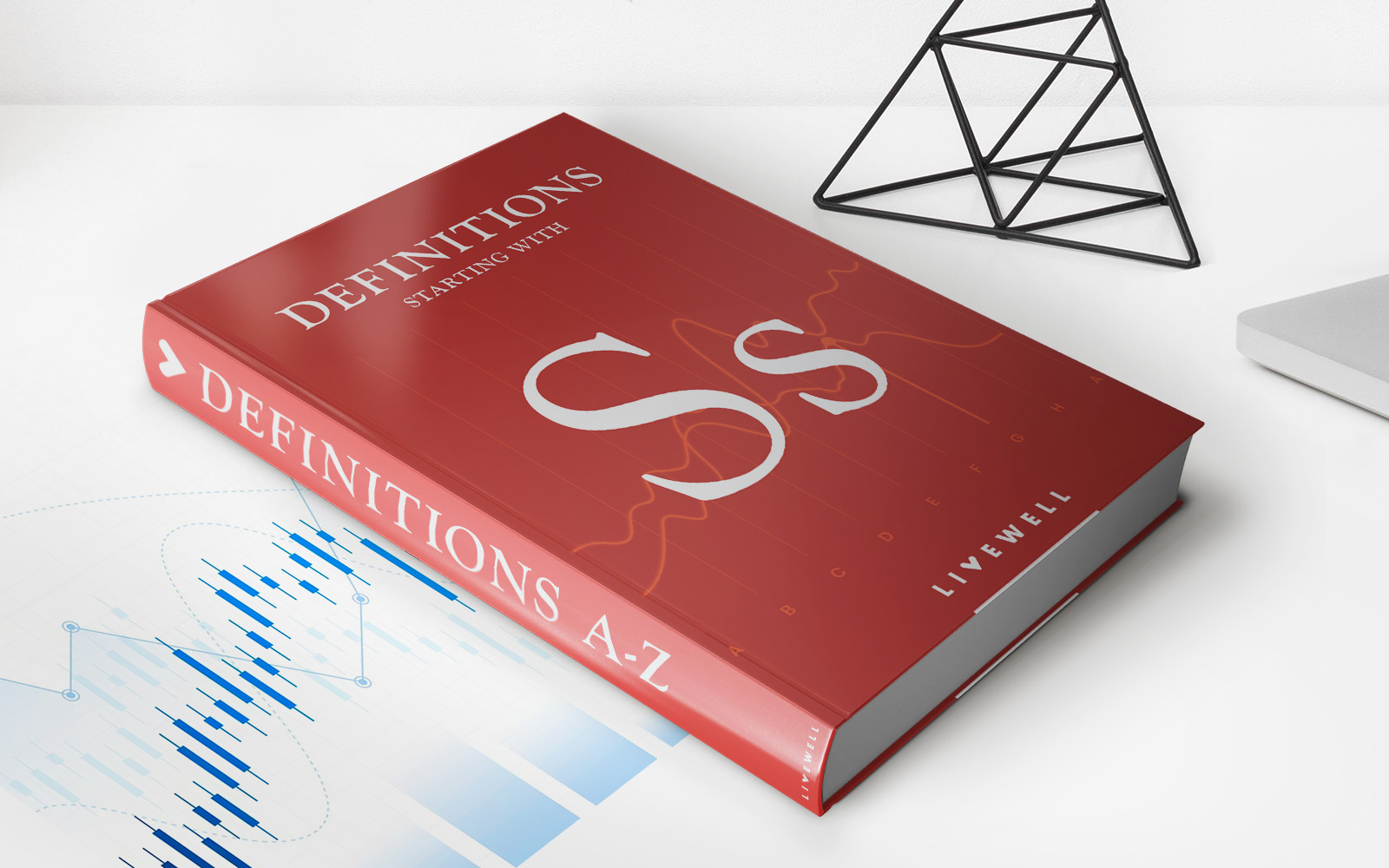

Finance
Sin Tax Definition And How It Works
Published: January 29, 2024
Discover the definition and workings of sin tax in the world of finance. Learn how governments implement this tax to discourage consumption of certain goods.
(Many of the links in this article redirect to a specific reviewed product. Your purchase of these products through affiliate links helps to generate commission for LiveWell, at no extra cost. Learn more)
Understanding Sin Tax and How It Works
Welcome to our expert guide on understanding sin tax! If you’ve ever wondered what sin tax is and how it works, you’ve come to the right place. In this article, we’ll explain the definition of sin tax and explore how it operates in various countries around the world.
Key Takeaways
- Sin tax is a type of tax imposed on goods and services that are considered harmful to society.
- The main objective of sin tax is to discourage the consumption of these products and generate revenue for the government.
What is Sin Tax?
Sin tax is a specific type of tax imposed on goods and services that are deemed harmful to individuals and society as a whole. It primarily targets products such as alcohol, tobacco, sugary beverages, and gambling. By levying higher taxes on these items, governments aim to reduce their consumption and address the negative externalities associated with them.
The concept of sin tax is rooted in the idea that certain behaviors or activities can have detrimental effects on public health, social welfare, and the environment. By making these products more expensive, the hope is that individuals will be inclined to consume them less frequently or find healthier alternatives.
How Does Sin Tax Work?
Sin taxes are typically imposed as a percentage of the retail price or as a specific amount per unit sold. The exact rate or amount varies from country to country, depending on the specific product and its perceived societal costs. These taxes can be implemented at the federal, state, or local level, and the revenue generated is often earmarked for specific purposes, such as healthcare, education, or funding public welfare programs.
Sin taxes work on several levels:
- Discouraging Consumption: By increasing the price of sin products through taxation, governments hope to discourage their consumption and reduce the associated negative impacts on health and society. Higher prices act as a deterrent for individuals, making it more costly and less appealing to purchase these goods or engage in risky behaviors.
- Revenue Generation: Sin taxes also serve as a significant revenue source for governments. The increased tax revenue can be allocated to fund public services, infrastructure development, or social initiatives, helping to offset the societal costs associated with these products. This enables governments to finance essential programs without relying solely on traditional taxes or borrowing.
It’s worth noting that sin taxes are a subject of debate and controversy. Critics argue that while they may have positive effects on public health and generate revenue, they can also be regressive, impacting lower-income individuals disproportionately. Additionally, the effectiveness of sin taxes in curbing consumption entirely or modifying behavior patterns varies, and their implementation requires careful consideration of potential unintended consequences.
In Conclusion
Sin taxes play a significant role in shaping consumer behavior and generating revenue for governments. By targeting products and behaviors that are deemed harmful to society, these taxes aim to discourage consumption and fund public initiatives. While sin taxes have their benefits, the ongoing debate surrounding their impact and fairness requires policymakers to strike a balance between public health concerns and socioeconomic considerations.



